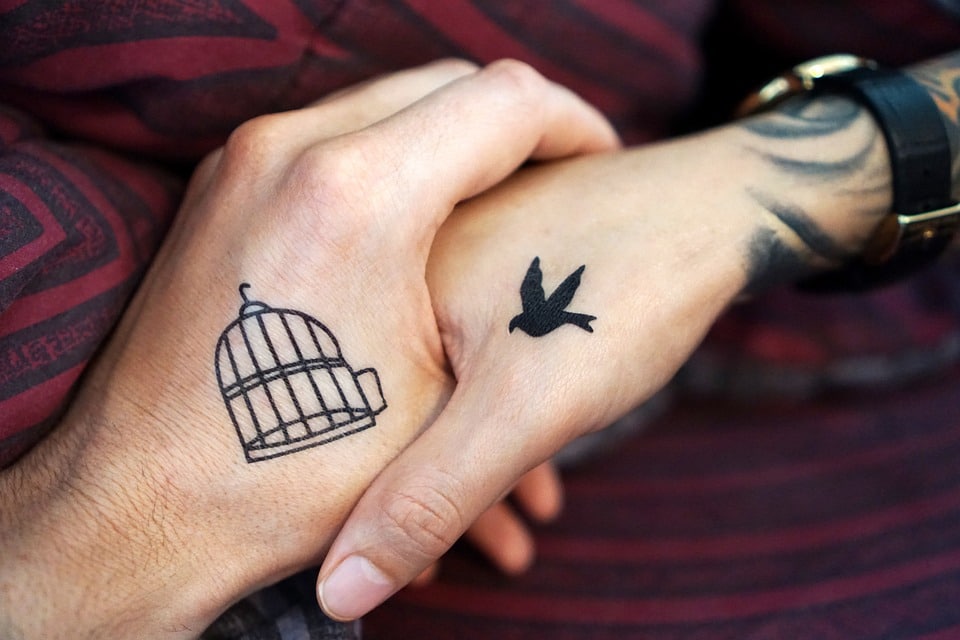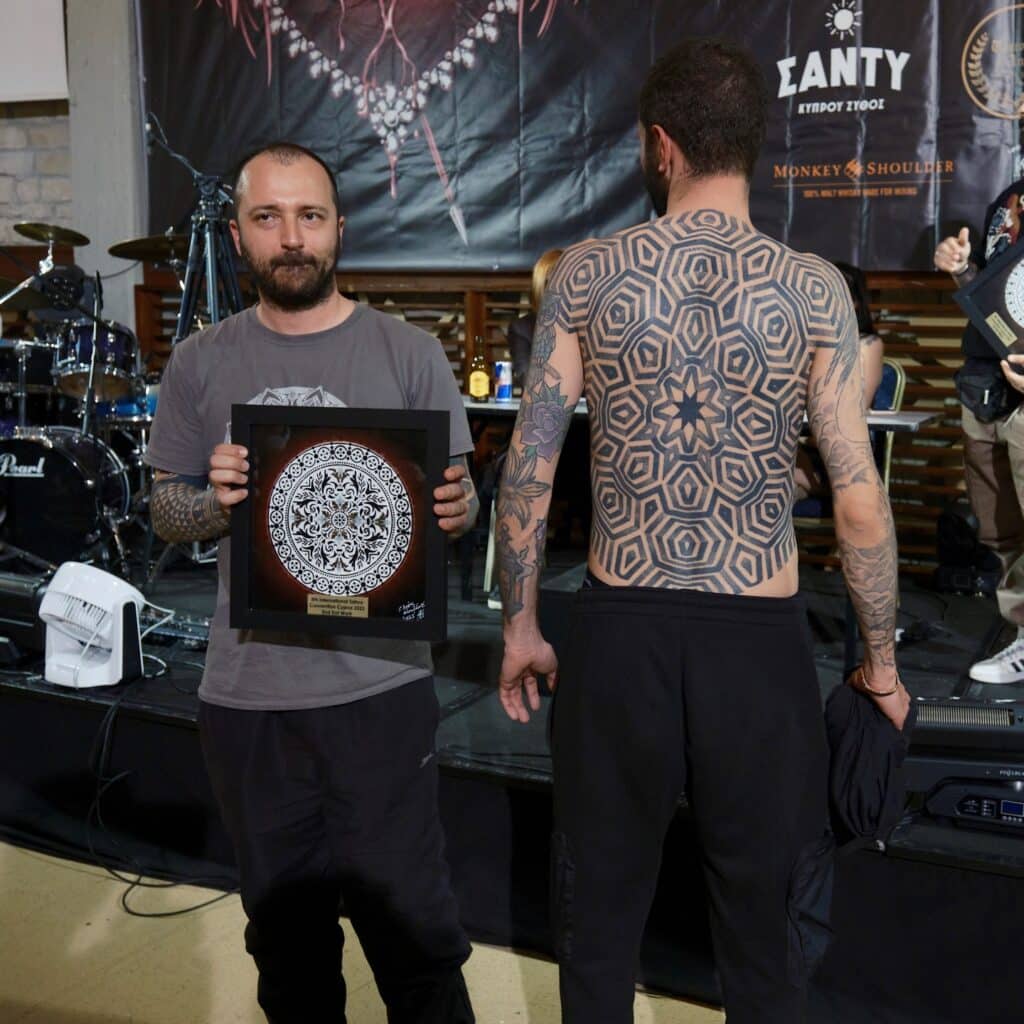How body inking has become commonplace, though not all tattoos are totally safe
Breaking social barriers in Cyprus is generally believed more complicated when compared to the rest of the world.
The country’s geographical isolation, often responsible for an inevitable delay in trends, its relatively small population and a certain reluctance to abandon some traditional preconceptions are the usual obstacles.
That said, progress has been made throughout in recent years, as younger generations get involved in changing the face of society.
Take tattoos for example. Cyprus broke the ink barrier long ago and has never looked back, placing it well above many other countries.
Not only that. Tattoos are not just for young people anymore as older generations are flocking to parlours all over the island.

“Tattoos are definitely becoming more accessible to everyone. Over the past ten years, there has been a distinct shift in the way people are looking at them. More and more people are getting inked in Cyprus,” Nicole Demetriou, a tattoo artist working at Black Volt in Nicosia told the Cyprus Mail.
Nicole explained that one of the main reasons leading to a change of perspective has to do with the amount of information available.
“Once it was very different,” she said. “When my dad was a tattoo artist, there were just three on the entire island, now there are parlours in every neighbourhood.
“The access to information has changed, the access to supplies has improved and machines and tools have become much more user-friendly.
“I also think Cyprus in general is very open to tattoos. I don’t think if it has to do with the fact that this is a small island with a constant identity crisis, but people here love expressing themselves through tattoos.”
Nicole, who learned her craft after spending time in Miami, also believes that the social stigma around tattoos is steadily becoming a thing of the past.
“We’ve been over that for years now fortunately. The stigma around getting inked here is almost nonexistent.”
In antiquity, tattooing has origins in Polynesia where their intricately designed tattoos date back to 2000BC.
In more recent times, the history of tattoos is undeniably linked to the underworld, whether prisons or the Japanese yakuza, Nicole said.
“However, if you go even further back in time, you will find out that tattoos were a prerogative for healers, people who were widely respected by society and that had a very positive reputation around their communities. They even tattooed people to heal them,” she said.
“That proves that everything changes throughout the ages, including the idea people had about tattoos.”
A YouGov poll in August 2022 found that more than 25 per cent of Britons have them.
Whereas the social stigma around tattoos is fast dwindling, there is still some apprehension about the health risks associated with getting inked, especially when it involves henna dyes, primarily used for temporary body art.
Last week, the pharmaceutical services released a statement urging people to avoid getting tattoos during the summer months. Henna tattoos in particular are often offered to tourists on vacation.
“The substance contained in henna dye, called paraphenylenediamine (PPD) is being used illegally in temporary henna tattoos due to its longer lasting and more intense colouring properties,” the statement said.
“PPD substance can cause severe and aggressive forms of eczema that require urgent medical care, and, in some cases, hospitalisation may be necessary.”
The statement also warned of possible allergic reactions linked to henna tattoos, especially concerning adolescents particularly vulnerable to skin issues.
“The risks in getting tattooed exist, there is no denying that,” Dr Andreas Hadjiadamou, a dermatologist working in Larnaca told the Cyprus Mail.
“However, in Cyprus awareness around tattoos has grown exponentially over the past years. People are more informed about the risks and, more importantly, parlours are very careful in maintaining high levels of cleanliness in their premises,” he said.
“I used to treat between around 10 or 15 patients with rashes and infections stemming from tattoos every week. Now they are considerably less and that is certainly a positive development.”
Hadjiadamou, on the other hand, agreed with the pharmaceutical services as far as henna tattoos are concerned.
“The problem with henna tattoos is that their circulation is not regulated, meaning that we do not always know what the dyes are made of. Better avoid them altogether.”
Once a divisive factor among family members of different generations, tattoos in Cyprus are also becoming a means to bond.
“I wanted to get a tattoo for a long time, but I was always afraid of telling my parents,” Loukas, a high-school student in Nicosia told the Cyprus Mail.
“Eventually, I mustered the courage to ask my mum and dad if they would be okay with the idea. Not only did they accept it, but my dad also decided to come with me to the parlour because he was genuinely interested in how tattoo artists work.
“Things are changing, getting a tattoo is not just a form of rebellion anymore, it’s a form of art.”

Just last month, hundreds of visitors headed to the annual International Tattoo Convention held in Limassol, featuring contests among tattoo artists and prizes given to different categories of body art.
“Because that is what it is at the end of the day, pure art,” Nicole said.
“What has a meaning to me or you, might be different for someone else. That is the beauty of it. People are always trying to find a way of expressing themselves. I believe tattoos are the perfect way to send a message through your body.”

